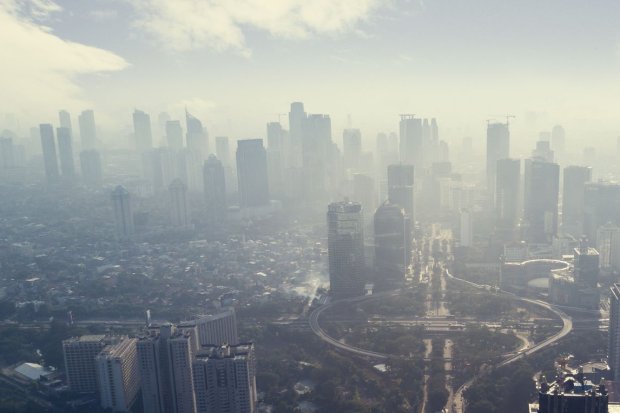Weekly Digest: Jakarta's Escalating Air Pollution Crisis

Summary
- Rising temperatures worsen air pollution, posing a future risk to Jakarta's air quality unless aggressive emission reduction measures are taken.
- The government's pro-car policies have been criticized for favoring the automotive sector and contributing to worsened congestion and pollution in the capital. The endorsement of electric vehicles (EVs) amid a public transportation crisis and extensive use of coal-fired power plants further heightens the risk of exacerbating the situation.
- Indonesia's reliance on fossil fuels to meet sector demands threatens air quality. Data shows 291 coal-fired power plant units operating or under construction, with 45 located in Jakarta, Banten, and West Java, highlighting the challenge of coal dependency in these regions.
- Relocating Indonesia's capital could alleviate pollution in Jakarta, but poor environmental planning might transfer the problem elsewhere.
- The government is gearing up to implement short-term solutions such as artificial rain and work-from-home initiatives to address pollution. Meanwhile, long-term policy options being deliberated include a potential vehicle age limit in Jakarta, the introduction of electronic road pricing (ERP), the implementation of a pollution tax, and the imposition of restrictions on the sales of internal combustion engine (ICE) vehicles.

